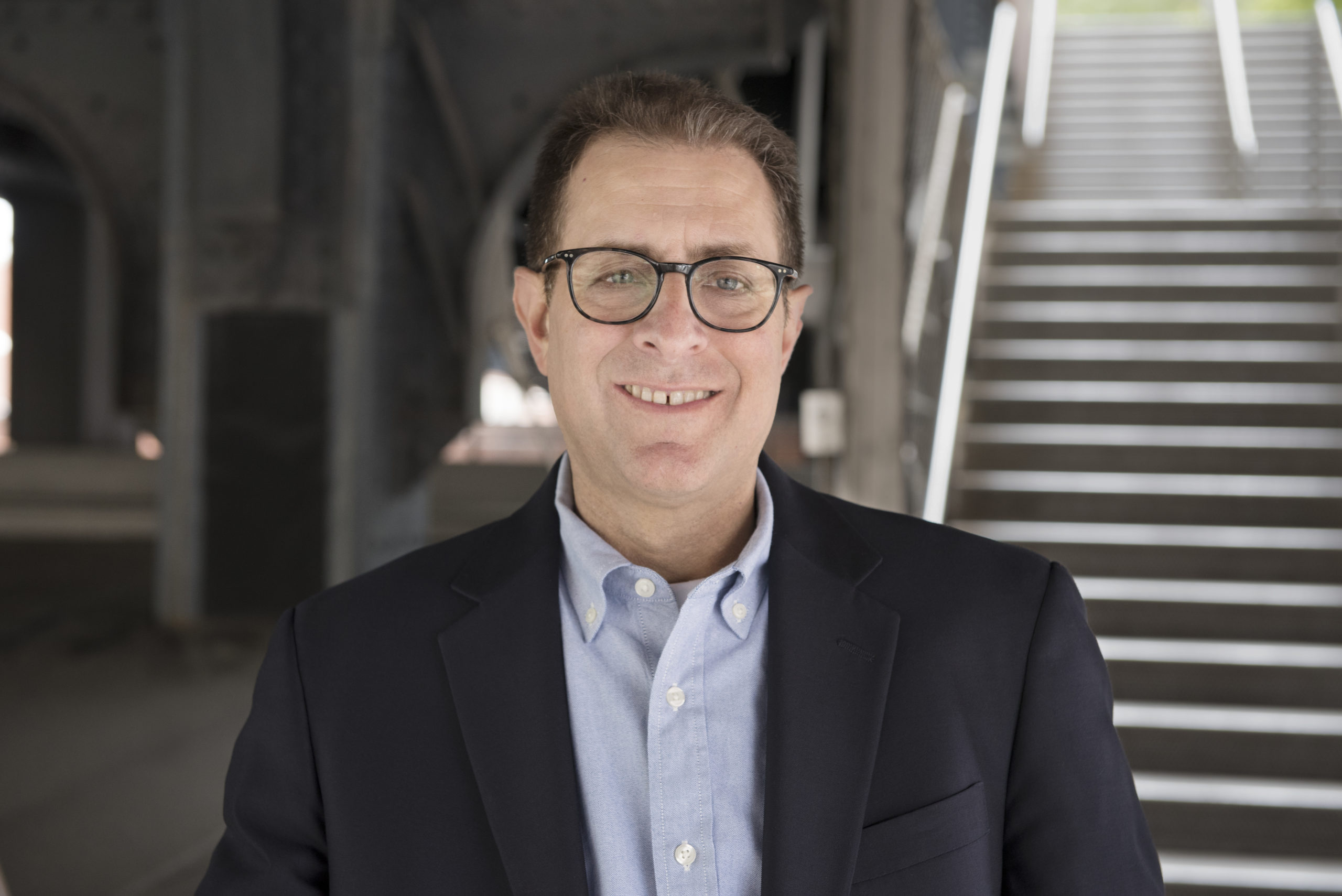Growing up in inner-city Washington, DC, Stephen Smith noticed the tense relationship between local police and community residents. “The police didn’t do much to provide public safety and they antagonized communities instead of building trust,” says Smith. That upbringing sparked an interest in criminal law, and Smith—a professor of law at Notre Dame University—is now a leading authority on overcriminalization: The idea, as he defines it, that the criminal justice system plays too large a role in American society. “Over-criminalization has been talked about since the 1960s, but modern scholars tend to act like it’s inevitable,” says Smith, who clerked for Supreme Court Justice Clarence Thomas. “I don’t agree with that. Over-criminalization over the last, say, 10 years has resulted in a surprising amount of agreement across party lines. I think the time is right for rethinking our approach.” Smith shares his views on some of the biggest problems—and the most urgent solutions.
How big a problem is overcriminalization?
The United States has well over 5,000 separate federal criminal statutes. And when you consider administrative regulations and rules that are criminally enforceable, the number of federal prohibitions can go as high as 100,000. So there’s been a rapid growth of criminal laws on the books, both state and federal. The second issue is the scope of these multiplying laws. They’re written in broad language that is stretched by prosecutors in courts.
Why are the laws so broad?
One aspect is simply politics. Voters respond to tough-on-crime rhetoric. That leads to more criminal laws, harsher criminal penalties, and stricter enforcement—even though, in the case of, say, drug laws, criminalization may fuel more violence and more crime.
Is this a relatively new problem?
Originally, during early American common law, criminal law was used almost entirely against activities that were serious moral wrongs—murder, rape, robbery, arson. But then criminal law expanded to include crimes that aren’t necessarily immoral or intrinsically wrong, but simply illegal. That’s when we got a huge explosion. You can become an accidental criminal, or an accidental felon, because of so many poorly drafted laws.
You wrote an amicus brief for Yates v. United States that exemplifies this problem. What happened in that case?
A Florida fish and wildlife official boarded a commercial fisherman’s ship and found a few undersized fish. Apparently, the fish had to be a certain length before you could take them. So the official said, “When you get back to port, bring these fish in. I’m going to seize them.” He claims the fisherman then brought back fewer undersized fish than were found on the boat.
The fisherman was charged with two felonies. First, if you discard something that’s been targeted for seizure by the government, that’s a crime, punishable by up to a year. But then the prosecutor added a Sarbanes-Oxley charge. The Sarbanes-Oxley Act was enacted in the wake of the Enron scandal. Congress found that the Enron fraud went undetected for so long because of document shredding by Arthur Andersen and others, so they passed a law saying you can’t destroy documents and other tangible things that might be relevant to a federal investigation.
When the fisherman threw the fish overboard, the Justice Department argued that he destroyed a tangible thing. That was a violation of Sarbanes-Oxley, which is a 20-year maximum offense. The Supreme Court rejected that, but the defendant had to litigate all the way to the Supreme Court to prevail. And he served some time in jail.
How are small business owners—such as this fisherman—impacted by overcriminalization?
Small business owners don’t have the luxury of retaining or contacting a lawyer every time they do something that affects their business. That wouldn’t be a problem if the criminal code was limited to seriously wrongful conduct. But when virtually any violation can result in criminal penalties and prison time, it is a problem. The government really has no interest in putting the offender in jail, but they do want fines. And so the criminal justice system gets used as an ATM.
What is driving federal prosecutors to seek such severe punishments?
As the criminal justice system has become more politicized and racialized, I think prosecutors have changed. When John Ashcroft was attorney general in the George W. Bush administration and even now with Jeff Sessions as attorney general under the Trump administration, they have adopted policies requiring federal prosecutors to seek the harshest, longest sentence they can under the law, regardless of justice. If you can prove it, charge it. That’s dangerous.
Is this happening primarily at the federal level or at a local level as well?
The revenue part could be even a bigger problem at the local level. The Obama administration’s report about misdemeanor courts in Ferguson, Missouri, is a great example. The Ferguson City budget chief, the chief of police, the prosecutor, and the judge of the local court got together and said, “We need to raise more money. We’re not going to raise taxes because that would be politically costly, but we want to use the criminal justice system.” And they told police officers, “You need to write more tickets, and if you find offenders with multiple violations, ticket them for everything.” So offenders were getting three, four, five, six different tickets in the same police encounter, and for things like walking in the street. If people couldn’t pay the fines, they could pay on a payment schedule, but there would be FEES associated with that. If you fell behind in your payments, a warrant would be issued for your arrest. Then you’d be fined some more. It’s a vicious cycle. And it was driven by this desire for revenue.
What are some ways to reform the system?
One is having consequences for police and prosecutors who abuse their authority. That includes damages action against prosecutors and police who commit constitutional violations. Second, I think we need a radically different approach to law enforcement. Not every problem calls for a criminal justice response. Arrest, prosecution, and prison are not the answer to addiction, for example. They’re not the answer to mental illness. Many offenders—as many as half, by some estimates—are in prison because of documented, diagnosed mental illness. An addict has a physical need, a dependence on the drug, and will use it, regardless of what the law says. Better to get them treatment than to warehouse them in jails.
Do we need to reform the criminal codes?
There hasn’t been a top-to-bottom review of the federal criminal code since the 1940s. If we pare down 90 percent of the code, they could match what prosecutors think is worth prosecuting—and you wouldn’t have rampant, uncontrolled prosecutorial discretion. Think of criminal codes as a basement. All people do is pile stuff down there, and if you don’t take the time to occasionally clean it out, you’re overwhelmed with junk. At some point you need to do some spring cleaning. – Interview by Ken Budd











